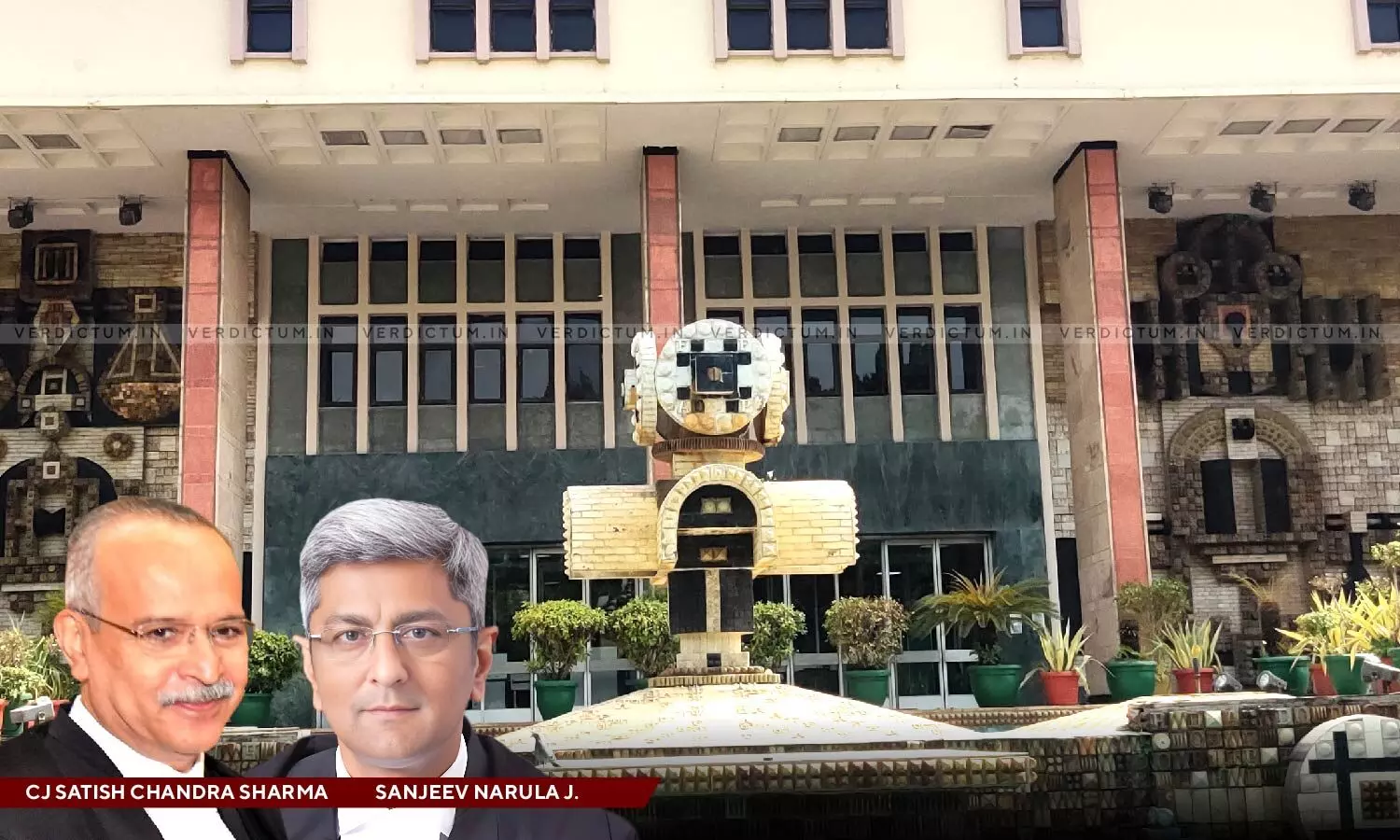
Delhi HC Upholds Restriction On LPG Gas Cylinder Manufacturers Having Common Ownership Including Sister Cos. To Quote Only Single Bid
 |
|A Delhi High Court Bench of Chief Justice Satish Chandra Sharma and Justice Sanjeev Narula has upheld a restriction on LPG gas cylinder manufacturers having common business ownership including sister companies, to quote only a single bid while applying in the tender floated by Hindustan Petroleum, Bharat Petroleum and Indian Oil Corporation Limited.
Subsequently, the Court observed that, "Given that there is no evidence to suggest that the clause is arbitrary, discriminatory, or introduced with malafide intent, there is no compelling reason for judicial interference in this matter. In essence, the principle reaffirmed here is that courts should exhibit restraint and deference to administrative discretion in matters pertaining to tenders and policy decisions unless there is an apparent breach of established legal norms or principles."
Senior Counsel Parag P Tripathi and Senior Counsel Jayant K Mehta, among othersm appeared for the petitioners, while Senior Advocate Sandeep Sethi and Senior Advocate Rajshekhar Rao, among others, appeared for the respondents.
The petitioner, Silica Udyog India (P) Ltd., along with its sister companies, was categorized as 'small enterprises' under the Micro, Small and Medium Enterprises Development Act, 2006. They were primarily engaged in manufacturing and selling LPG gas cylinders through separate manufacturing units located across the country. Each of these units had independent certifications from the Petroleum and Explosives Safety Organization (PESO) and the Bureau of Indian Standards (BIS), and they operated as self-contained factories. However, these cylinders could only be sold to three major OMCs in India: BPCL, HPCL, and IOCL.
In 2017, specific preferences were introduced in the NITs (Notice Inviting Tenders), creating an expectation among potential vendors like the petitioners that OMCs would continue to follow this policy. Relying on this expectation, the petitioners obtained loans and licenses for new manufacturing units. The petitioner company itself was established in February 2019 with the goal of securing supply orders through OMC tenders.
However, in 2019, the OMCs unexpectedly cancelled the NITs, causing significant financial losses to the petitioner. Later, on March 31, 2023, the OMCs issued new tenders for high tensile strength LPG cylinders weighing 14.2 kilograms (referred to as the "March 2023 NITs"). These new NITs included an eligibility criterion that required all manufacturing units under common business ownership or management, including sister companies, to submit a single bid. This meant that vendors like the petitioners could not submit separate bids through each of their manufacturing units.
Aggrieved by this, the petitioner and the sister concerns, filed writ petitions seeking quashing of the aforesaid eligibility criteria.
The High Court observed that economic and policy decisions, especially those related to public procurement, must be guided by broader welfare and fairness principles. In that context, the Court observed that, "the ‘conflict of interest’ clause does seem to have a rational basis rooted in the realities of the LPG cylinder market. Given the overarching objective of equitable distribution in the face of plummeting demand, the introduction of the impugned clause does not appear to be arbitrary or unreasonable. Instead, it seems to be a calibrated measure to adapt to the changing dynamics of the market while ensuring fairness and broad-based participation."
Further, the Court observed that the challenges faced by the petitioners in adapting to the challenges did not constitute sufficient grounds for the Court to intervene. In that vein, it was observed that, "While alternative mechanisms might exist to achieve the intended objective, the choice of mechanism, in this case, the introduction of the ‘conflict of interest’ clause by the OMCs, appears reasoned and informed. The introduction of this clause took into account market realities and the broader aim of ensuring equitable distribution among suppliers, including MSEs."
In light of the same, the petitions were dismissed.
Cause Title: Silica Udyog India Pvt Ltd vs Union of India & Ors.
Click here to read/download the Judgment